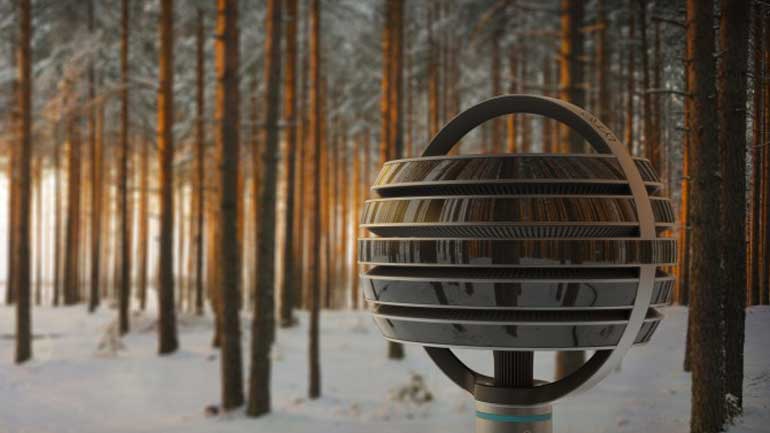Tuesday Feb 17, 2026
Tuesday Feb 17, 2026
Thursday, 12 November 2015 00:00 - - {{hitsCtrl.values.hits}}

LOS ANGELES (Variety.com): Digital camera maker Lytro is embracing virtual reality in a massive way – the company officially announced its light field virtual reality (VR) camera dubbed Immerge Wednesday.
But Lytro didn’t just stop with a camera – the company is also getting ready to introduce a server to store and render the captured footage, an editing platform, a playback engine for VR headsets and finally a streaming server that will help to distribute the finished works.
Still, at the core is the camera itself, which promises to deliver more realistic cinematic VR experiences through light field capture technology. Existing VR video recordings offer users up to 360 degrees of view, but still keep the point of view static based on the location of the camera.
Light field on the other hand will allow users to take different points of view within a space by recording all the light emitted within than space. The difference is a bit like watching a movie unfold around yourself from a determined viewpoint, and actually being part of the movie, including the ability to look at individual objects from different viewpoints.
Light field videography has been a bit of a mystical holy grail for VR, with many companies teasing it, but no one so far actually building products to deliver on the promise. However, Lytro actually has experience with light field recording; the company’s consumer photo camera uses light field to record photos that allow consumers to change key photography settings like aperture and focus after the actual photo has been captured.
Lytro’s Immerge Camera applies the same principles to VR video by using a lot more cameras than your typical VR camera rig. A lot of cinematic VR gets shot with rigs that house four, eight or even sixteen separate cameras. Lytro’s camera on the other hand is compiled of five Saturn-like rings, with each housing ‘multiple hundreds’ of camera sensors, according to Lytro CEO Jason Rosenthal.
Of course, more cameras also means that the Lytro captures a lot more raw material, which is where the Immerge server comes in. The server can hold up to one hour of raw capture data, and process the light field recordings in order to get them prepared for editing. “It’s quite a bit of data,” said Rosenthal, adding that one hour of recording would equal several terabytes of data.
The Immerge camera and server solution won’t come cheap. Rosenthal said that the whole package will likely cost multiple hundreds of thousands of dollars once they’re commercially available. Lytro aims to have a prototype ready in Q1 of 2016, and Rosenthal said that most production companies and VR studios would likely rent the hardware on a project basis. Lytro will initially facilitate these rentals itself, but Rosenthal argued that camera rental companies like Panavision may eventually take over that job.